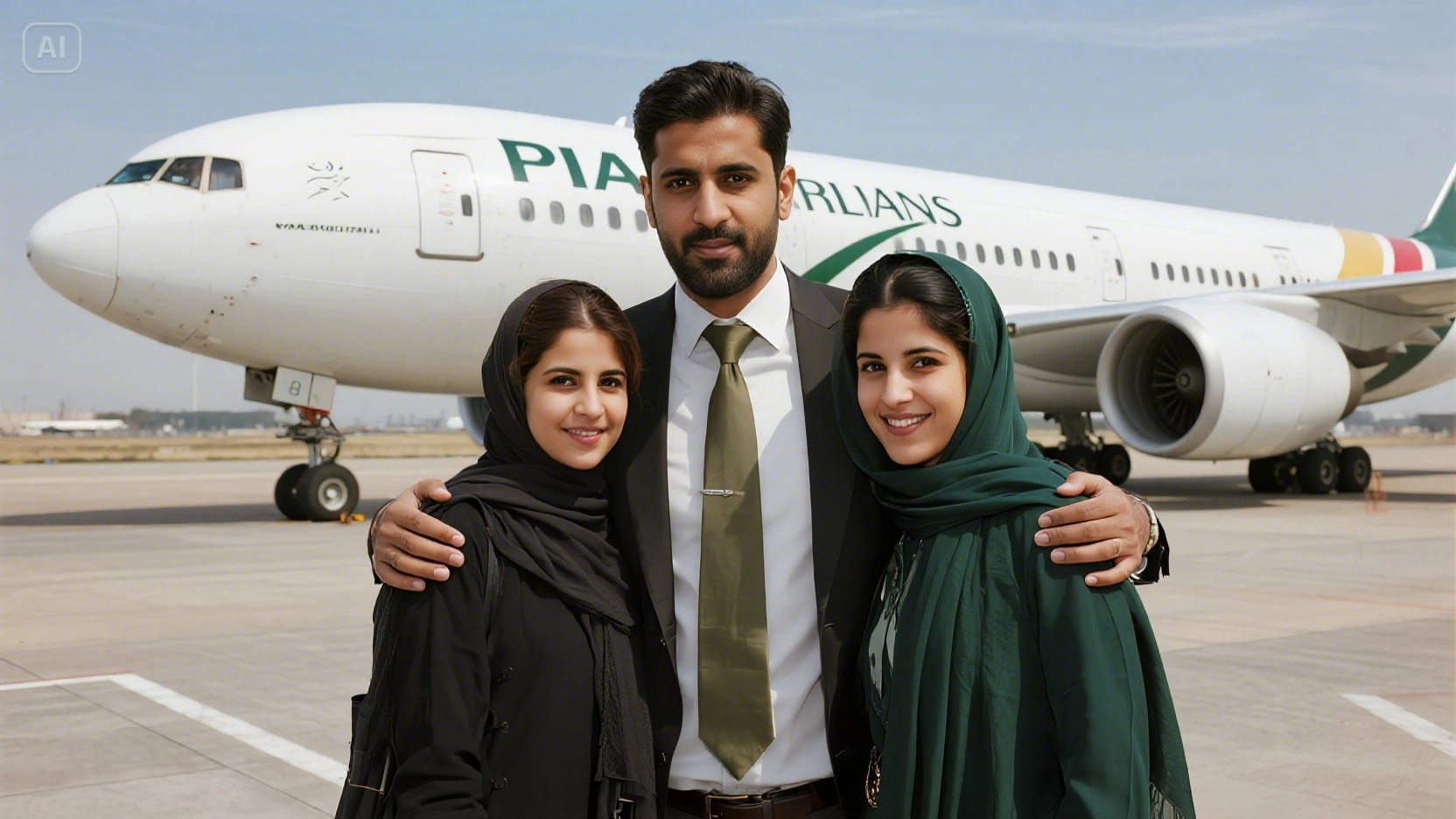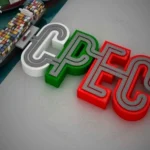It is a matter of happiness and relief to the Pakistani all over the world as they had been waiting long to have this announcement that the United Kingdom five-year ban on Pakistan International Airlines (PIA) has been lifted. This is obviously good news not only to the more than 1.6 million Pakistanis living in the UK but also to the timid to completely heal a traumatic national sore that erased deeply on their aviation reputed as well as their economic integrity. Although the reinstatement of the ban is definitely a positive first step towards normalcy but the circumstances that led to this crisis appear to cast a lot of doubt on political responsibilities, institutions damaged and cost of irresponsible politics.
The Aftermath of an Irresponsible Statement of a Minister
This saga started with a tragic air crash. A PIA flight that crashed in Karachi took away 97 lives on May 24, 2020. Post event instead of letting a free-handed investigation follow its course, the aviation minister of the then PTI government Ghulam Sarwar Khan scored a bombshell almost in Parliament. He said that many Pakistani commercial pilots had counterfeit licenses. This statement with a twist that there was a lack of procedural formality and that this statement was grounded upon the unreasonable investigation according to the international community raised concerns. Within no time the European Union Air Safety Agency and later on the United Kingdom banned PIA to fly in their air spaces in July 2020. The implications of that single sentence were so incredible, an otherwise well-established network between Pakistan and Europe had been cut and the reputation of the airline was crushed all over the world.
Human and Economic Cost of the Ban
The financial and emotional cost of the banning was placed mostly on the Pakistani community in Europe and the UK. Non-stop flights were a thing of the past. The thousands of Pakistanis were made to travel through high priced intermediary ways of foreign airlines which meant more expenses, more time and huge inconvenience. The condition was more than discomfort. Since the year 2005, PIA had been repatriating at no cost to the families the remains of Pakistanis who died in other countries. However, this essential service was suspended in the period of the ban. Most families had to bury their loved ones at other countries contrary to their desire or pay ridiculous sums of money to hire private airlines. Hundreds of families did not have even a chance to have a last farewell in a native land.
Of an economic nature the destruction was equally bad. The number of flights to Europe and the UK brought 37 percent of the annual PIA revenue approximately Rs 40 billion per annum before the ban. This meant almost Rs 200 billion of losses over the five years suspension. Add to that the already dismal financial situation of PIA which is already operating at a deficit and is kept alive with government bail outs. Besides lost profits the ban incapacitated PIA worldwide in its image, lost customer confidence, and reduced areas of operations. Probably the most expensive cost is damage to the airline reputation because it can take years and decades to restore international confidence.
A Diplomatic as well as a Political Triumph
In this regard the fact that the ban was first lifted by the European Union in January and by the UK now is a huge milestone. It is credit on the efforts of the present government headed by Prime Minister Shehbaz Sharif that the international trust and regulatory compliance is back. Inclusion of direct flights will not only ease the tension of the travellers but will contribute towards reviving the extent of revenues generated by PIA. Based on estimates the re-emerging European and UK flights may fetch more than Rs 45 billion a year. This economic stimulus comes at a very opportune time when the country is under much pressure by the IMF to privatise the ailing national carrier. Due to revived corridors and confidence the value of PIA is likely to increase which would have a subsequent positive effect in the privatization process and sale of its shares.
It is time to be accountable and not time to celebrate
Although the end of the ban is a good news justice has to prevail over this oblivion. This crisis did not occur due to some accident or to outside sabotage the crisis was caused by irresponsible behaviour on the part of a government employee occupying an office of public trust and making unwarranted and blanket accusations without any institutional support. The statement of Ghulam Sarwar Khan was not just an incitement of debate but it ensured international criticism caused a windfall of financial losses and brought a change in the lives of common citizens. The government must consequently ensure that he is prosecuted in court. The fact that it would come to this would not be a political payback but rather it would mean that they are holding themselves responsible. Where billions of dollars of damages and embarrassment to world on behalf of a minister it is not something one would hold up their tongue. The young leaders have to understand that irresponsible utterances in the parliament may have international repercussions.
A Lesson on Government, and Institutional Ethics
This episode provides a testimony of the risks of politicizing national institutions as well. Aviation is a technically sensitive internationally regulated industry which needs expertise, transparency and meeting of global standards. When such a domain is made a political football one can end up endangering the country and that is what happened here. Ministers as well as other officials who are in the service of the people should know how heavy their duties are and what the consequence of their utterances can make. The reputation of the nation, financing of the nation, the welfare of the population must never be compromised in the name of make believe and politics.
The PIA flights set to resume to the UK is a good sign but it should not be regarded as its finalization. There is still a great danger of PIA having severe financial problems and privatization is still accompanied with political issues and the image its public has to be restored locally and internationally. In the meantime, justice should be done to the harm done to the aviation reputation of the country resulting out of the irresponsible rant by one minister. Recovery should be accompanied by accountability and in this way, Pakistan will be able to come out of this crisis not only relieved but also reformed and resolute.







